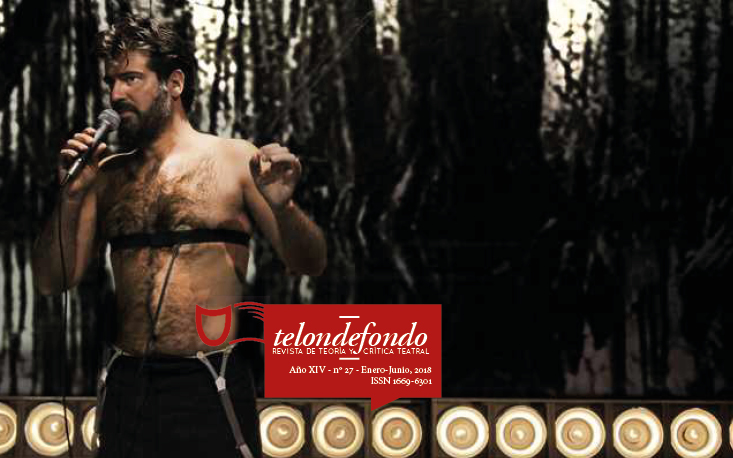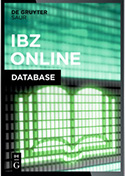Performing Artists' Identities and Antagonistic Appeals (1902-1955)
Abstract
In this paper we will analyze the working conditions of artists during the first five decades of the 20th Century. In the first section, we will focus on the characteristics of the commercial organization of performing arts, as well as on the emergence of the associations and unions that gathered the diverse agents of the sector and on the conflicts and identities that arose in the biennium 1919-1921. We will also look into the legislation and the limited role played by the State, both national and municipal, regarding the working conditions of the artists. Finally, we will analyze the incursion of the artists in the political field. In the second section, we will consider the imaginary imposed by the independent theatre that, in order to transmit an emancipatory message to spectators, displaces the relations of production to the exterior of artistic activity, constructing the figure of artists as an activists. Conversely, the first Peronism tried to privilege the labor dimension of all activities, even cultural ones, thus appealing to artists as workers. We consider that deeper conflicts underlie in this dispute, such as the mutual influence between the State and artistic production, or the connections that culture and arts have with the world of work.Downloads
Los autores/as que publiquen en esta revista aceptan las siguientes condiciones:
-
Los autores/as conservan los derechos de autor y ceden a la revista el derecho de la primera publicación, con el trabajo registrado con Licencia Creative Commons Atribución-NoComercial-CompartirIgual 4.0 Internacional, que permite a terceros utilizar lo publicado siempre que mencionen la autoría del trabajo y a la primera publicación en esta revista.
-
Los autores/as pueden realizar otros acuerdos contractuales independientes y adicionales para la distribución no exclusiva de la versión del artículo publicado en esta revista (p. ej., incluirlo en un repositorio institucional o publicarlo en un libro) siempre que indiquen claramente que el trabajo se publicó por primera vez en esta revista.
-
Se permite y recomienda a los autores/as a publicar su trabajo en Internet (por ejemplo en páginas institucionales o personales).











